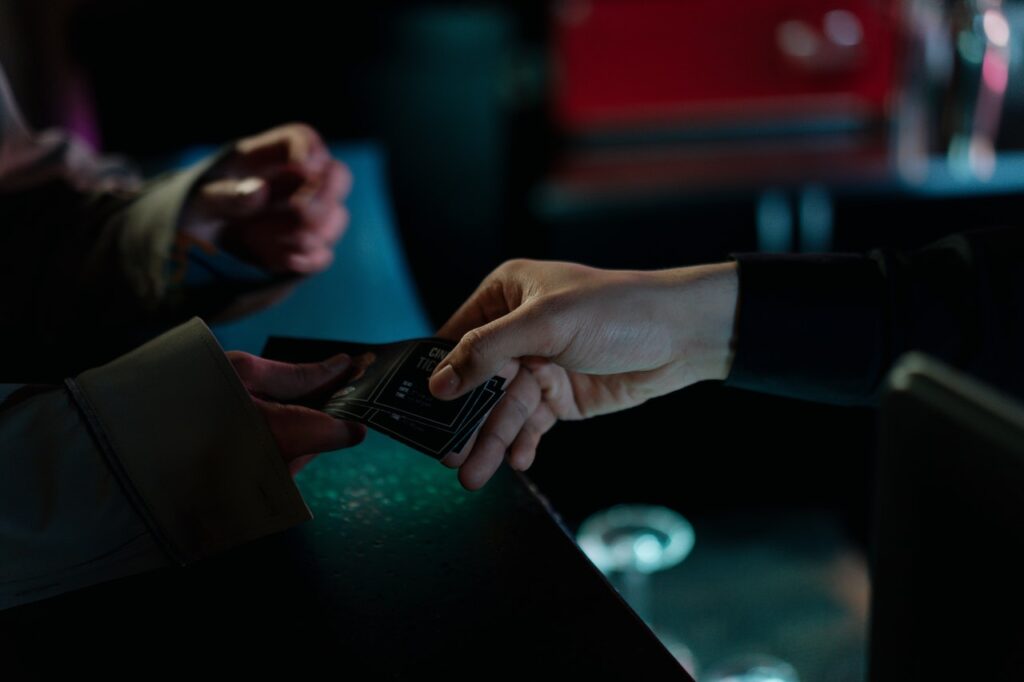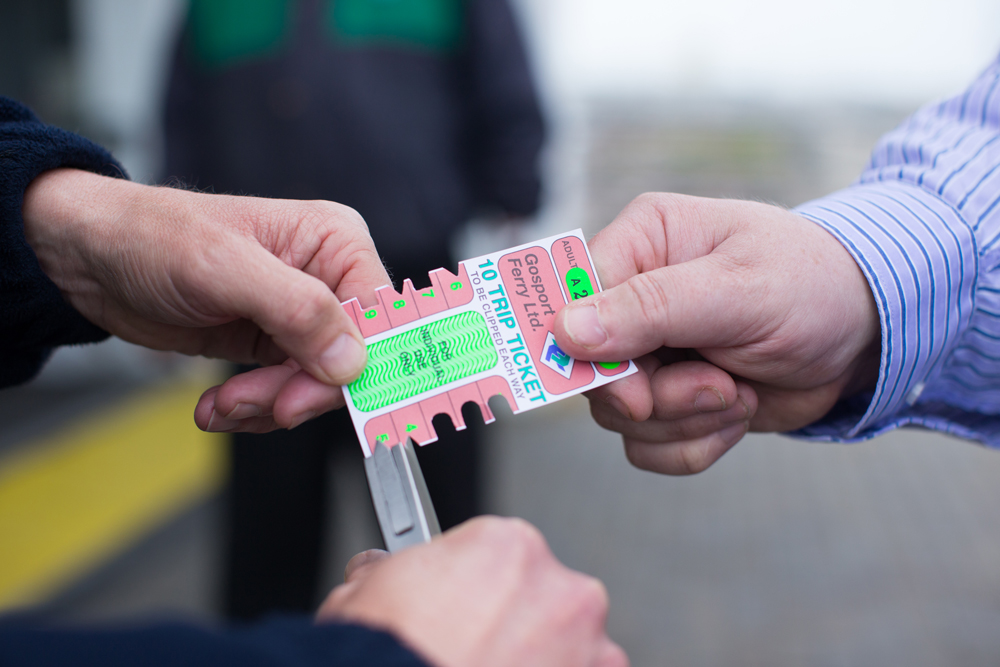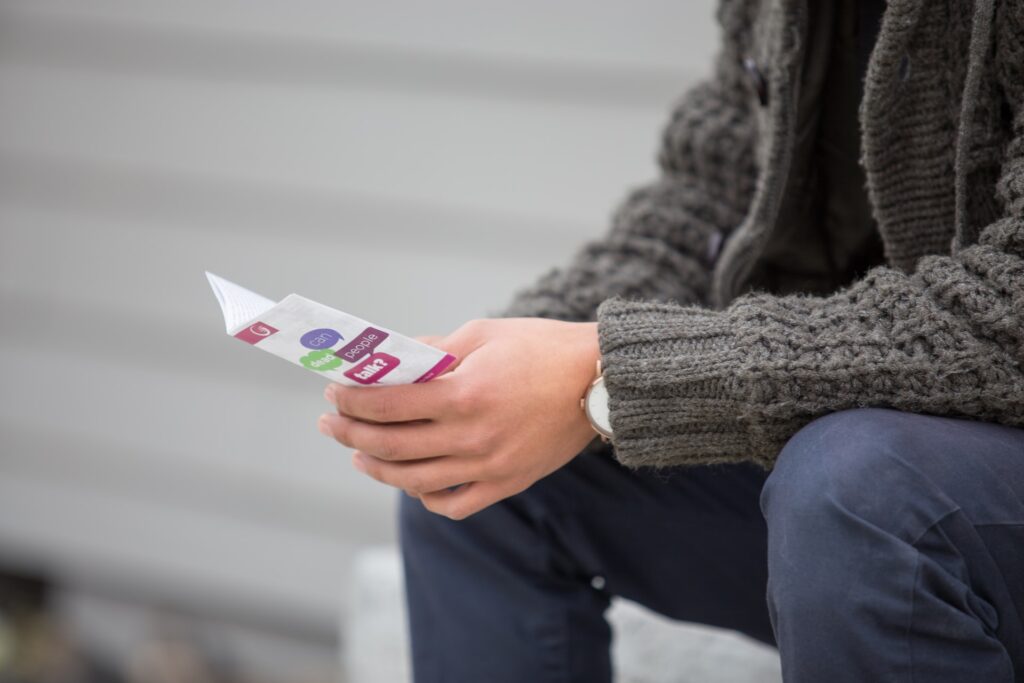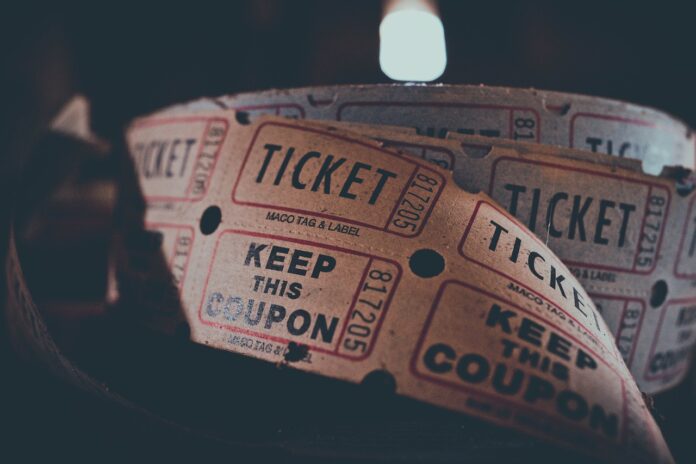For everyone wanting to see their favorite stars in a concert, social networking is a must-have tool. It’s the major means through which their fans interact with their shows, as well as the means by which you interact with your favorite stars. However, the widespread use of social media platforms has a negative side. Scammers have flocked to social media, specifically Facebook Events, to execute concert ticket scams, hoping to earn a fast profit off loyal fans who lost out on tickets.
It’s critical that everyone understands how to spot a fraudster selling tickets they don’t have.
1. Get Your Amex Presale Tickets From Authorised Sources

Official ticket distribution lists are available from the event organizer, so you know who to trust. Check the location of the ticket seller’s office and whether they have a legitimate landline and address in this country, not just a PO box.
Avoid buying from strangers you encounter on social media or through unlicensed sources. Don’t click on any links in unexpected emails or social media posts; instead, type the website’s address into your browser.
If there are any discrepancies, it could be a scam. Some fraudsters create fake ticket sales websites and use a name or website address that is very similar to a legitimate organization. Also, be skeptical of any celebrity endorsements for ticket sites, as scammers can mimic persons or reputable organizations.
2. Don’t Fall For Something Impossible
If the site promises tickets to a concert or athletic event that you already know is sold out, it’s a fraud. Fraudsters take advantage of your desperation by convincing you that everything is legitimate when it clearly isn’t. Scammers frequently seek payment by bank transfer, which should serve as a warning sign that something isn’t quite right.
Always look for the lock icon in the website address, which signifies that the site is protected by a secure purchasing system.
Get your concert tickets from a reliable source like pre-sale-tickets.com.
3. Posts And Comments With Off-Language

The seller’s language is typically off-putting, which is a tell-tale sign of online ticket fraud. While faultless grammar isn’t expected on social media, specific phrases can indicate dishonesty. For example, you might notice that the merchant employs unique words or phrases – expressions that the average showgoer, even if English isn’t their first language, would probably not use. If you notice this strange language in many postings or comments from different sellers, you’ve probably come across a ticket scammer.
Look for misspelled words when browsing online ticket sales. While we all misspell words now and again, if the name of the event, artist, or venue is misspelled, you should be aware that you may be dealing with a fraudulent ticket.
4. Ask Questions To The Seller
Scammers selling bogus tickets can be thwarted in several ways. Request a copy of the seller’s invoice, which will show that the tickets have been fully paid for. It’s the same as requesting a receipt to confirm that the items you’re purchasing aren’t stolen. You can also ask season ticket holders for the ticket account number, which is always printed at the top of the ticket if they are selling a single event.
Also, inquire about the reasons for the sale. Assume you’re a teacher, and the seller is a student who needs a homework pass. Don’t believe the seller’s excuses for skipping the event. A month in ahead, no one plans a funeral.
5. Organize A Meeting

Check to see if your contact is available for a face-to-face meeting. As far as possible, meet in a well-lit, public location. Many supermarkets and other large merchants use their parking lots as safe locations for all kinds of transactions, and they would be ideal candidates for this.
A cashier’s check is the safest way to pay a stranger because it contains less personally identifiable information and does not require the same level of confidence as a personal check does. With the rise of mobile payment programs such as PayPal, it could be a good idea to pay through one of these to create a digital paper trail in case something goes wrong with the ticket.
Before handing over any money, thoroughly scrutinize the ticket for evidence of fraud. Walk away if the merchant refuses to agree.
6. Pay Via Secure Methods
Always be extra cautious when making internet purchases. To protect your transaction, a safe website employs encryption and authentication. The URL will start with “HTTPS” and will include a padlock icon, which is also known as an SSL certificate. Most web browsers now display a warning when a website is insecure. However, you should constantly be aware.
Using a credit card to pay can also provide better fraud protection. If you pay for a ticket with a credit card and it turns out to be a fake, your bank may refund your money. When using a third-party site to make a payment, exercise caution. Scammers frequently use a better rate to entice you away from a reputable platform.
7. Believe Your Instincts

People who sell tickets for less than face value should always be avoided. Many persons who resale tickets will do so at a far higher price than face value unless state law prohibits them from doing so. Even if they have a last-minute conflict, someone who wants to attend a popular event will most likely try to receive at least face value.
Consider how a scalper would approach a situation. Wouldn’t you buy a ticket for a fraction of its face value if you knew you’d make money during the event? You’ll know what to do if an offer seems too good to be true.
When you explore the internet for online tickets, you may frequently come across advertisements for inexpensive tickets. Use caution; some of these advertisements will be ticket scams, particularly if the pricing is cheap.
Conclusion
It doesn’t matter how high-definition the video is or how ad-free it is; nothing beats the joy of seeing a live concert. Even a live concert, however, is never worth handing up your account information and finances in exchange for the risk of being detained at the gates. Enjoy your concert, but keep an eye out for scammers in the digital era.








